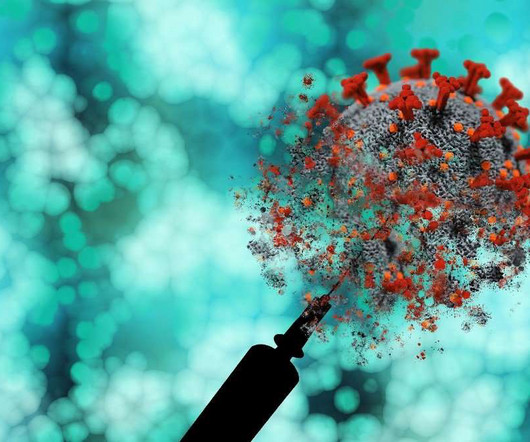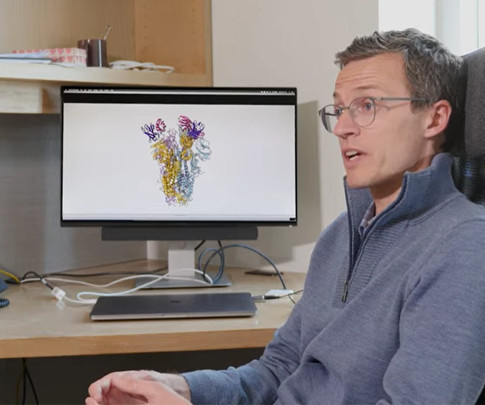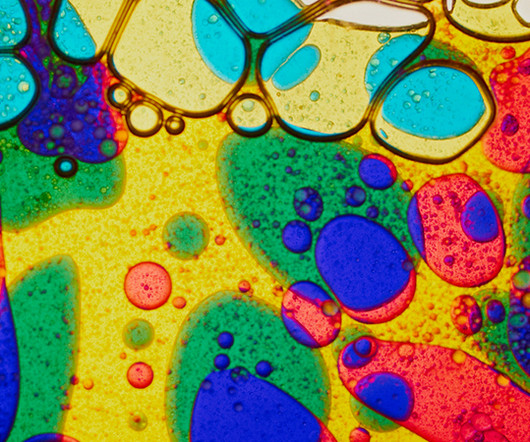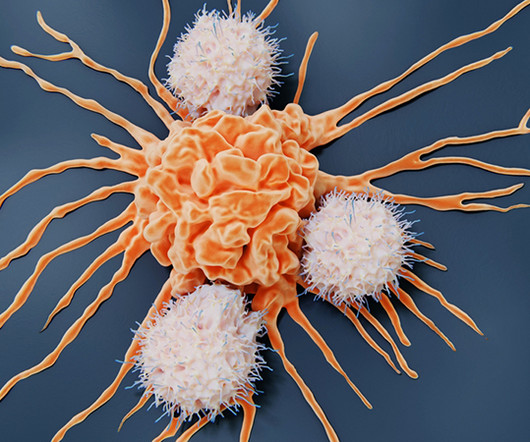‘Proactive’ vaccine can protect against unknown future coronaviruses
Drug Discovery World
MAY 15, 2024
Researchers have developed a new vaccine technology that can provide protection against a broad range of coronaviruses with potential for future disease outbreaks – including ones we don’t know about yet. The study demonstrated that the new vaccine raises a broad immune response, even in mice that were pre-immunised with SARS-CoV-2.












Let's personalize your content